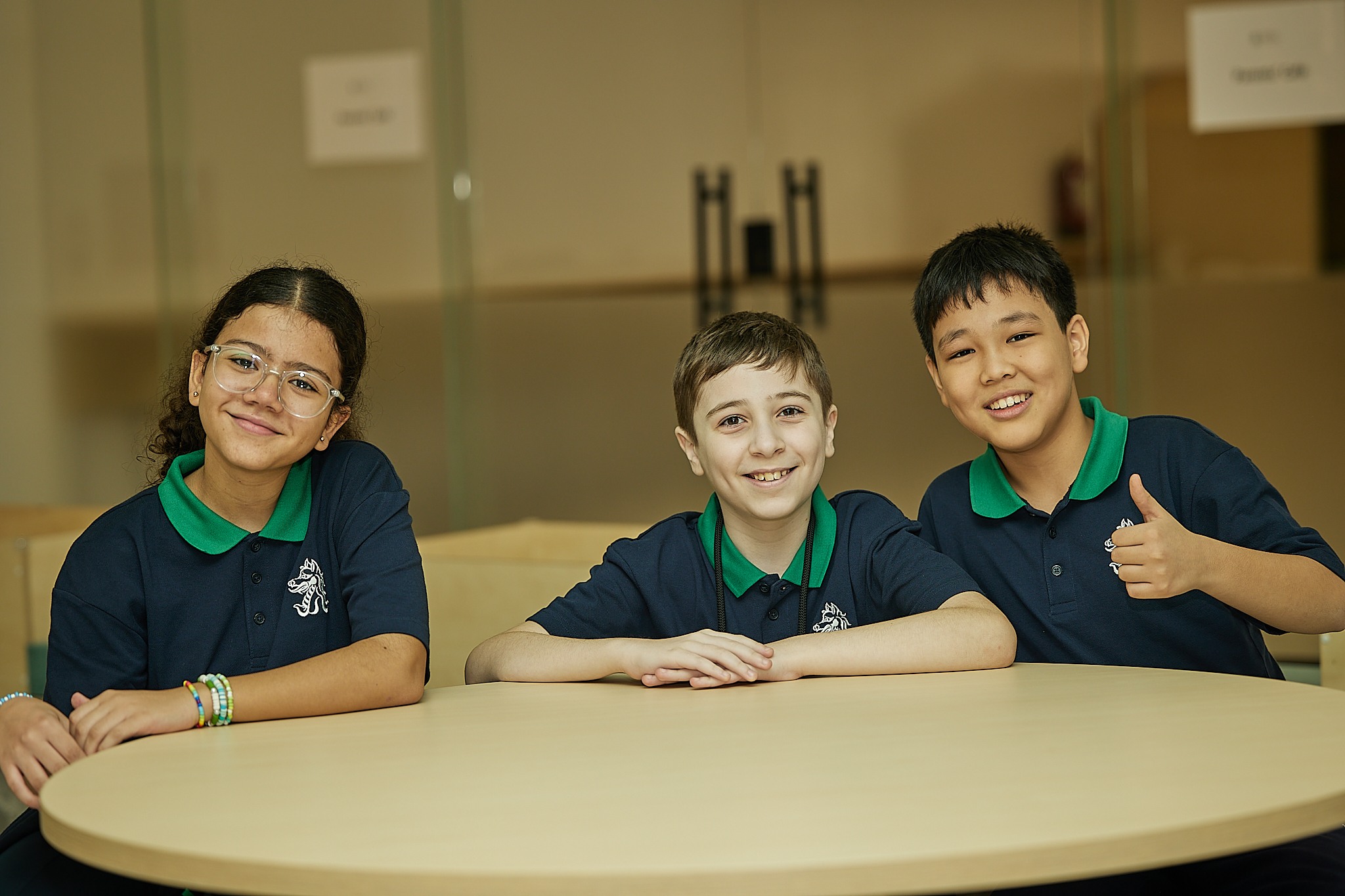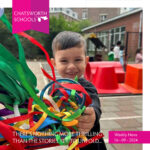The government recently released information for those who work in education about how to address bullying in school. As we are too sadly aware, bullying occurs in all areas of society throughout our life span, yet this article is written about prevention, how educators can address it within a school environment and how you as parents can help your child(ren).
Bullying can create short and long-term mental health issues including: low self-esteem, delayed growth, anxiety, depression, self-injury, absenteeism, friendship issues, academic problems and violence to others to name a few (Centers for Disease Control and Prevention, 2019; Reece, 2008; Smokowski & Kopasz, 2005)
The definition of bullying is:
“The repetitive, intentional hurting of one person or group by another person or group, where the relationship involves an imbalance of power. Bullying can be physical, verbal or psychological. It can happen face-to-face or online” (Anti-bullying Alliance, 2023).
In our schools
At all Chatsworth Schools the 5 ways we proactively create a psychologically safe environment for our pupils are:
- Each pupil has a form tutor who checks in with them at least twice a day. Pupils also are also encouraged to form relationships with other key adults within the school who trust and who they can discuss any issues or confide in if needs be.
- Every pupil is taught about online safety including what online bullying can look like and where to get help and support.
- Each of our schools have policies, procedures and a confidential logging system to not only prevent but address any potential, or actual bullying instances.
- Each school has created calm learning environments whether this be in the form of extra-curriculum activities or specific extra-curriculum. We at Beech Hall School have ‘Mindfulness’ for the Juniors and ‘Hot Chocolate and a Chat’ for the Seniors. Our other schools offer programs designed specifically with their pupils in mind.
- Ensure that we work as a team to address any potential issues as early as possible and inform the family.

Ways to support your child / young person at home:
- Your primary role is to love, listen, reassure them, and keep them safe. It will be tricky for you as it is emotional if you find out that your child feels they are being bullied but we need to put our feelings to the side. They need a calm adult.
- If they have chosen to confide in you remember as hard as it may be whilst listen to their story, they will have come to you for a reason:
- It is important to remain curious in listen to their story, but not ask lots of questions.
- Explore with them how they would like to find a way forward:
- they may want to just talk it through (and it may not be to do anything but the important listening)
- they may already have strategies that they have used, they may not have worked but they want to explore other ideas and people to go to (they will know which are the best strategies for them)
- they may want you to intervene and make it stop (it is important that you have an agreed plan with the child to how you are going to communicate with the school to stop them worrying)
- reiterating their trusted adults at school is really helpful
- explore how their friends are reacting toward these behaviours (are they supportive / scared) there can be strength in numbers
- explain why it is useful to involve school in this process (they will be able to monitor the situation)
DON’T
-
-
- blame them for their actions (“why didn’t you tell me sooner?” “why didn’t you defend yourself?”)
- blame yourself – this will cause you stress so don’t diminish your feelings
- tell them to fight back
- tell them not to worry as this diminishes their feelings
- avoid blaming other parties as you will not be aware of the full story (especially in front of your child or others)
-
It is important to remember that we are all working together to empower children and young people. We achieve this through working collaboratively ensuring they have a voice through their trusted adults both at home, school and elsewhere.
Written by Caroline Peacock – Senior Mental Health Lead, Beech Hall School and Chatsworth Schools







































